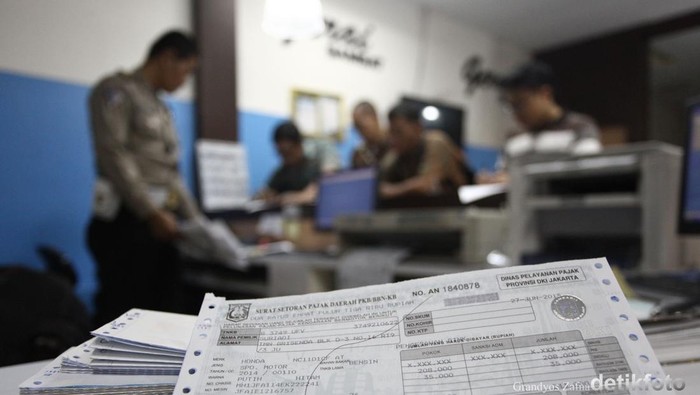McDonald’s has announced a significant investment of over $100 million to accelerate its recovery following a recent E. coli outbreak. This initiative highlights the company’s commitment to ensuring food safety, regaining customer trust, and strengthening its operational framework to prevent similar incidents in the future.
Understanding the E. Coli Outbreak
The recent E. coli outbreak linked to McDonald’s operations caused widespread concerns about food safety. Health officials reported a surge in cases connected to contaminated ingredients used in McDonald’s menu items.
Key impacts of the outbreak included:
- Reputational Damage: Customer trust was significantly affected.
- Financial Losses: Reduced sales and increased legal expenses.
- Regulatory Scrutiny: Heightened inspections and compliance checks.
These challenges prompted McDonald’s to take swift action, prioritizing safety and recovery.
How McDonald’s Plans to Use the $100 Million
McDonald’s has allocated the $100 million investment to several key areas:
- Upgrading Food Safety Protocols
The company is implementing advanced technology and stricter guidelines to monitor ingredient quality and prevent contamination. This includes:- Enhanced supplier audits.
- Real-time tracking of ingredients.
- Regular staff training on food safety measures.
- Strengthening Supply Chain Management
McDonald’s is collaborating closely with suppliers to ensure compliance with global safety standards. New partnerships with certified suppliers are also under consideration. - Customer Engagement and Transparency
To rebuild trust, McDonald’s is launching campaigns focused on transparency. Customers will have access to detailed information about ingredient sourcing and safety measures. - Operational Improvements in Restaurants
Investments are being made to modernize kitchen equipment and implement new sanitation protocols across all locations.
The Importance of Rebuilding Customer Trust
For McDonald’s, regaining customer trust is crucial. The company has launched initiatives to engage with customers directly, including:
- Social Media Campaigns: Addressing concerns and providing updates.
- Community Outreach: Partnering with health organizations to promote food safety awareness.
- Feedback Channels: Encouraging customers to share concerns and suggestions.
By prioritizing transparency and accountability, McDonald’s aims to reassure its customers of its commitment to their safety.
Lessons Learned from the E. Coli Outbreak
The E. coli outbreak serves as a wake-up call for McDonald’s and the broader fast-food industry. Key lessons include:
- Proactive Risk Management: Regularly updating safety protocols is essential.
- Supplier Collaboration: Building strong relationships with compliant suppliers can mitigate risks.
- Investing in Technology: Advanced systems can enhance monitoring and early detection of issues.
These lessons will likely shape McDonald’s future approach to food safety.
Future Implications for the Fast-Food Industry
McDonald’s recovery plan sets a precedent for the fast-food industry. Competitors may adopt similar measures to ensure food safety and protect their reputations. This could lead to:
- Industry-Wide Standards: More consistent safety regulations across brands.
- Increased Investment in Technology: Focus on innovation to detect and prevent contamination.
- Customer-Centric Approaches: Greater emphasis on transparency and engagement.
McDonald’s $100 million investment not only addresses immediate challenges but also positions the company as a leader in food safety.
Conclusion: A Path Toward Recovery and Growth
McDonald’s decision to invest more than $100 million reflects its commitment to recovering from the E. coli outbreak and regaining customer trust. By focusing on food safety, operational improvements, and transparency, the company is taking significant steps to rebuild its reputation and ensure long-term success.
As McDonald’s implements these measures, it sets a standard for the industry, emphasizing the importance of prioritizing safety and customer satisfaction.














